Gaza, 12 Jumadal Awwal 1437/20 February 2016 (MINA) – Following bilateral talks in the Qatari capital Doha last week, rival Palestinian groups Hamas and Fatah have reached a tentative agreement aimed at implementing a reconciliation deal signed in 2014 between the two movements.
Analysts, however, believe the two rival movements have to agree a unified political platform for helping render the reconciliation deal a success, Anadolu Agency quoted by Mi’raj Islamic News Agency (MINA) as reporting.
In a statement, Hamas said it has reached a “practical vision” with Fatah with a view to implementing the reconciliation deal and healing the Palestinian rift.
The group, however, gave no details about this “practical vision”.
Also Read: Nine Israeli Soldiers Injured in Gaza Fighting, Total Casualties Continue to Mount
Leading Hamas member Ismail Radwan said his movement is keen on rendering efforts aimed at achieving the Palestinian reconciliation successful.
“[We] will work on laying out practical and real mechanisms and a timetable for achieving reconciliation,” Radwan told Anadolu Agency.
Amin Maqbol, secretary of Fatah’s revolutionary council, for his part, said talks were still underway with Hamas for implementing their reconciliation deal.
“We are holding contacts with Hamas to agree to mechanisms with a view to implementing our agreement on the practical vision of the [reconciliation],” he told Anadolu Agency.
Also Read: Thousands Protest in Tel Aviv Demanding Prisoner Swap Deal and End to Gaza War
Maqbol said he was optimistic about implementing the reconciliation deal between Fatah and Hamas.
“The political status quo makes it a national necessity to implement the reconciliation deal,” he said.
The Fatah official, however, declined to give further details about the “practical vision” agreed by the two rival groups.
“Consultations are still going on between the leaderships of both movements,” he said.
Also Read: Israel to Build Nearly 2,400 New Settlement Units in Occupied West Bank
Maqbol said representatives of the two groups are expected to hold a new meeting in the coming few days. “We will seek to implement our previous agreement and work on forming a national unity government,” he said.
In April 2014, Hamas and Fatah representatives signed a long-awaited reconciliation agreement that called for the formation of a Palestinian unity government tasked with overseeing Palestinian legislative and presidential polls.
Although the unity government was unveiled two months later, it has yet to take on a governing role in the Hamas-run Gaza Strip, while the relationship between Hamas and Fatah remains beset by a host of outstanding differences.
– Unified platform
Also Read: Israel Launches Massive Airstrikes on Gaza’s Beit Hanoun Amid Aggression War
Political analyst Hani al-Masri said the two rival groups must agree to a political platform before talking about any “practical vision” for achieving reconciliation.
“[The two groups] must agree to a unified platform in order to avoid a new failure,” al-Masri told Anadolu Agency.
He said drafting a unified political vision and setting a clear strategy could lead to form a unity government and implement the reconciliation deal.
Political analyst Telal Oukal, for his part, said the talk of a “practical vision” by the two groups reflects a “clear rift” between them.
Also Read: 100 Palestinians, Including 27 Aid Seekers, Killed in Israeli Airstrikes Across Gaza
“Without having the two groups make concessions.., we will see [new] meetings, but without making real progress,” he said.
He added that “the current challenges ahead of the two groups do not bear any talk about a practical vision.”
“All meetings should be crowned with laying out mechanisms for implementing the reconciliation deal,” Oukal said.
Political science professor Mukhemar Abu Seada described the vision of the two groups about achieving reconciliation as “unclear”.
Also Read: Israel Deploys Two Additional Battalions to West Bank
“Fatah speaks that the government platform will be that of the umbrella Palestine Liberation Organization (PLO). Will Hamas accept that?” he asked.
Hamas, the de facto ruler of the Gaza Strip since 2007, does not recognize Israel and calls for the establishment of a Palestinian state on all lands captured by Israel in 1948.
Fatah, led by Palestinian Authority President Mahmoud Abbas, meanwhile, recognizes Israel and calls for the establishment of a Palestinian state on lands occupied by Israel in 1967 (the Gaza Strip, the West Bank and East Jerusalem).
Abu Seada listed security, crossings and resistance as among thorny issues between Hamas and Fatah.
Also Read: Gaza Hospitals Paralyzed by Fuel Crisis
“Unless the two groups agree to a unified vision, I believe that we are going to see a new round of failed talks,” he said. (T/P010/R07)
Mi’raj Islamic News Agency (MINA)
Also Read: Israeli Occupation Army Deploys Two Additional Battalions to West Bank





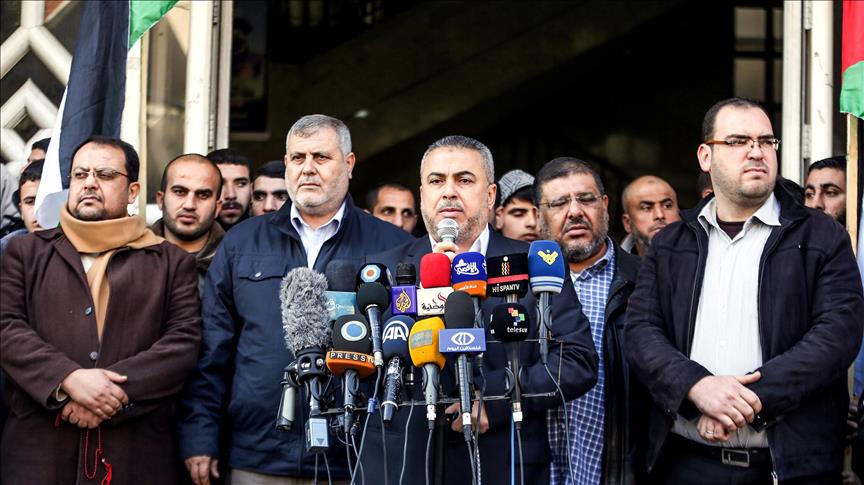



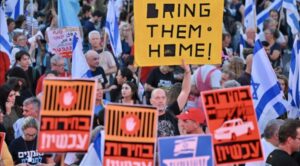
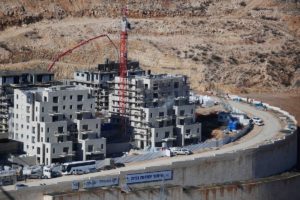
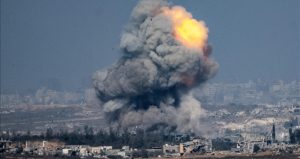

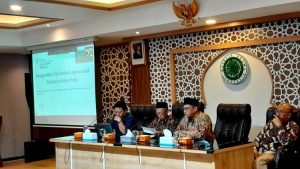



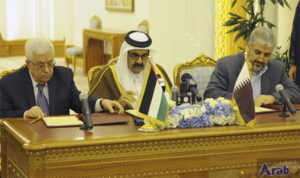
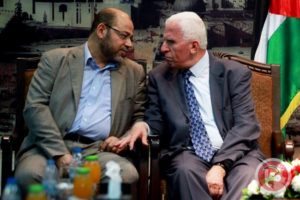





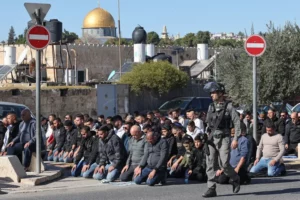



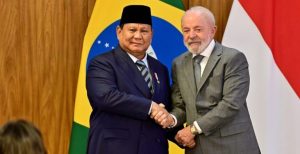
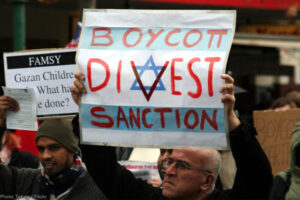




 Mina Indonesia
Mina Indonesia Mina Arabic
Mina Arabic